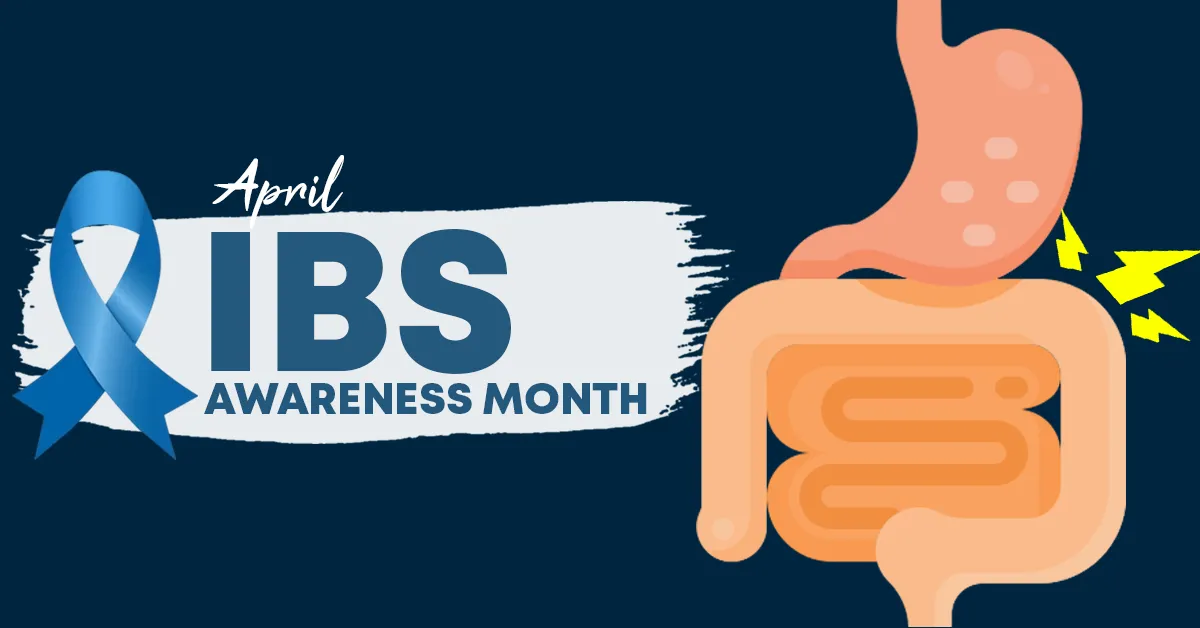Irritable Bowel Syndrome (IBS) is a surprisingly common stomach disorder that is diagnosed in 1 in 20 Americans.
Yet as much as 15% of the United States population is estimated to have IBS, but many are not diagnosed.
This is why April’s Irritable Bowel Syndrome Awareness Month highlights the disorder while emphasizing that although there is no cure, precautions can be taken to limit flare-ups.
What are the Symptoms of IBS?
The symptoms of IBS can be frequent, or come and go. The most commonly reported symptom is abdominal pain.
Other symptoms of IBS include excessive gas, diarrhea or constipation, or mucus in your stool.
What is the Cause of IBS?
Researchers do not know the exact cause of IBS. There is a connection between IBS and oversensitivity of nerves in the gut, stress, and family history of IBS.
IBS is classified as a disorder of the “gut-brain interaction.” Though certain foods can trigger IBS for some patients, stress is a common trigger of IBS because of the connection that exists between the gut and the brain.
How is IBS Diagnosed?
Many patients who are diagnosed with IBS experience their first symptoms before age 40 and often remember having symptoms during childhood.
There is no lab test to diagnose IBS. However, your medical provider can assess your symptoms and refer you to a gastroenterologist if necessary for further evaluation.
How is IBS Managed?
There is no cure for IBS, however, under the guidance of a medical provider, there are recommended changes that may make a difference. These changes can decrease the frequency of your IBS flare-ups.
This may involve changes to your diet, taking medicines and probiotics, and mental health therapies.


